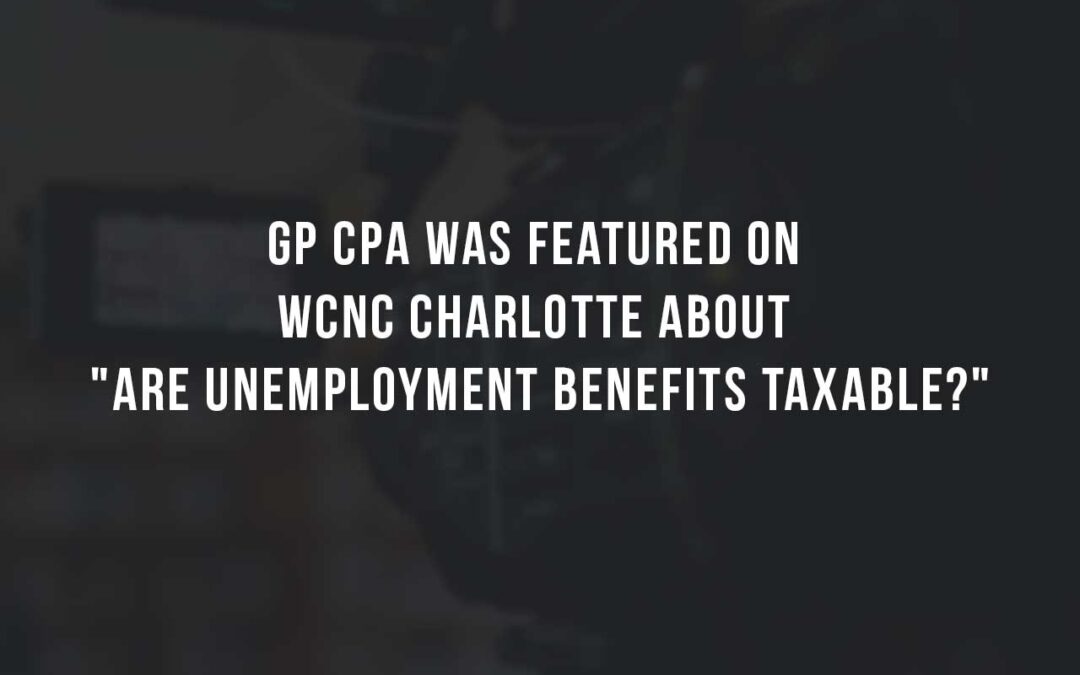CALL US
(980) 237-1714
Email us
justin@pruscpa.com
Friday 09:00 - 15:00
Mon - Thu 09:00-17:00
Long-term strategies and the ACA (Affordable Care Act)
Estimated Reading Time: 3 minutes 45 seconds
As serial entrepreneurs grow businesses and expand their overall business footprint, there is a tendency for advisors (such as GP CPA) to explore the idea of consolidating certain elements of the businesses.
This is often an effective strategy for managing costs and helping with other metrics that are indirectly related to profitability, like turnover reduction, benefits offerings, or simply streamlining operations. One of the ways that consolidation makes sense is the formation of a management company, that oversees operations and potentially controls the labor pool across several entities.
The trick to making this structure work efficiently is also at odds with two parts of the tax code that require certain things of business owners at a certain level, namely ones with more than 50 employees (also, full-time equivalents, “FTE”) and retirement plans.
When the Affordable Care Act kicks into high gear?
Once a business reaches 50 employees or the equivalent number of FTE’s, then the Affordable Care Act kicks into high gear and requires the employer to offer and pay for a portion of health insurance for all full-time employees. This means that employees working 120 hours a month are considered full time, and it also means that a taxpayer who controls multiple, unrelated businesses with 50 FTE’s are included as well.
If Tom Taxpayer controls four restaurants with a total of 60 full-time employees, then Tom must offer health insurance to each restaurant even if each entity does not itself have 50 FTE’s. Group health plans in NC/SC are atrociously expensive and notoriously offer poor benefits, which makes this a really tough decision for the business owner.
Retirement Plans
The same situation applied to Tom Taxpayer with regards to retirement plans, the laws that affect the FTE calculations and controlled group scenarios also apply. The ability to offer a retirement plan and not incur significant expenses for administration and employee contributions is very limited, especially when there is not a long term strategy to work from.
All of the major retirement plan types include elements of profit sharing and/or mandatory contributions for employees to prevent retirement plans from working only for the owners, which makes them less appealing for some business owners. However, there are options and strategies available to business owners to mitigate the costly effects of both of these burdens while still retaining the benefits they provide.
If you are like Tom Taxpayer and you offer benefits such as retirement & health to the company’s employees, it is worth a conversation to review how the benefits and companys are structured. Are you in compliance with the law, is there a better way to pay for these things, are you getting any value out of the offering? If you are not sure of the answers to these questions, contact GP CPA to get some insight in how it could work. Even though we love technology, it’s our people that count.
Related Articles

GP CPA was featured on WCNC Charlotte about “Are Unemployment Benefits Taxable?”
We are glad to inform you that Justin Prusiensky, Chief Executive Officer of the GP CPA P.C. was featured on WCNC Charlotte coverage about “Are Unemployment Benefits Taxable”.

I received funds from the Restaurant Revitalization Fund (RRF) program, now what do I do with the money?
First off, the funds are expected to be spent before the end of 2021, as an annual report to the SBA will be required at some point in the future. We are still waiting for guidance from the SBA regarding what this annual report will look like. It may make sense to draft a spending plan or budget to make sure all of the funds are spent on time and in accordance with the program rules. GP CPA can help you with this planning, so you can prevent a surprise surplus of funds. Spend wisely and timely!

The Employee Retention Credit (ERC)
The Employee Retention Credit (“ERC”) has had some upgrades and retrofits to some of the basic calculations with the most recent (12.27.20) CARES Act changes.
How to Persuade Clients to Change Banks. Listen to Justin Prusiensky’s Guest Appearance on the Relay Financial Webinar
Our expert accountant Justin Prusiensky was recently interviewed as a guest speaker by Relay Financial to discuss how to persuade clients to change banks.
What Tax Breaks Changed From 2018?
Congress extended some of the tax breaks retroactively to January 1, 2018. They now expire on December 31, 2020. Learn more about tax breaks that have been extended.
Tax Planning with GP CPA
GP CPA offers a wide range of business advisory services that are tailored to the needs of business owners. For those small businesses who need someone to keep the books, we can do that.
Comments


0 Comments